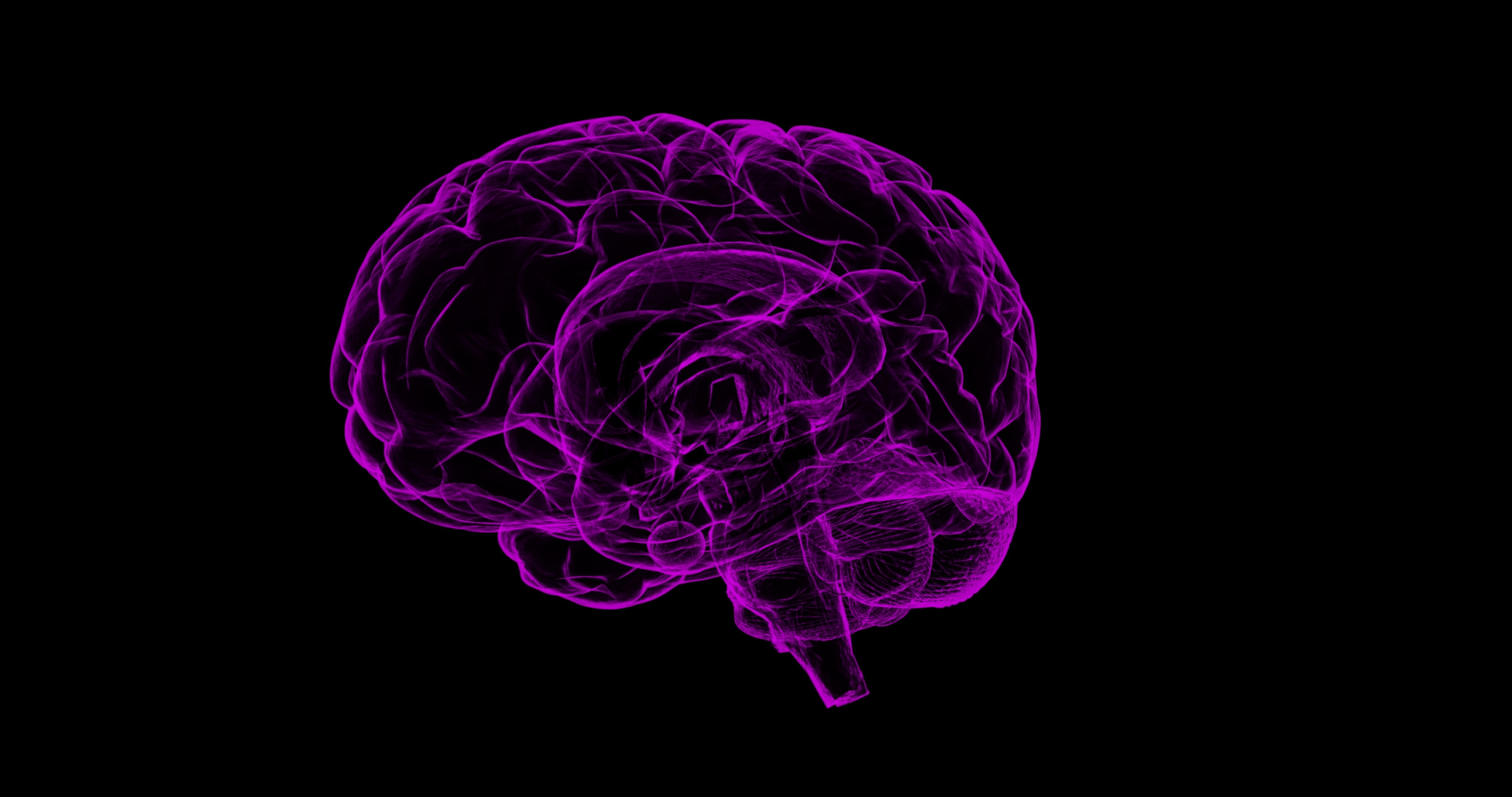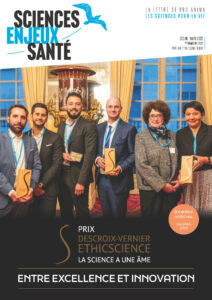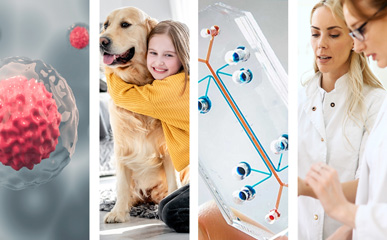
Understanding Parkinson disease
Parkinson : we support the work of professor Schwamborn.
Jens Schwamborn and his team are conducting research on the Parkinson desease and other neurodegenerative disorders. They use the latest technologies based on bioingineering in order to find better solutions to help cure this serious desease. In France 150 000 people are affected by the desease. In vivo research has been failing in producing significant progress towards a better uderstanding of neurodegenerative disorders. It is urgent and necessary to support new tools that do not use animals thus allowing technical and scientific progress to become more used in the field of biomedical research.
How relevant are your research in terms of advancement for public health
The aim of our research is to understand, model and treat the neurodegenerative disorders Parkinson’s disease and Batten’s disease. In the future we also want to address Alzheimer’s disease. We use models that do not rely on animal models but are fully based on the utilization of human induced pluripotent stem cells. We generate these stem cells from healthy individuals as controls as well as directly for patients. Thereby, these models are not only immediately disease relevant, but they are also personalized. The mentioned neurodegenerative disorders are an enormous burden not only for the patients themselves but also for their relatives. Furthermore, because of the immense costs associated with these diseases (symptomatic treatments, care, loss of work force etc.) their economic impact is huge.
How can it participate to the Reduction / Replacement concepts mentionned in the 3R Principles, acknowledged in the directive 2010/63/UE regarding the use of animals in science.
We use human induced pluripotent stem cells from healthy individuals and patients to establish advanced human specific in vitro disease models. Particularly concerning neurodegenerative disorders, in the past mice models, often failed to recapitulate important disease relevant characteristics. Our advanced human cell culture models might help to replace animal models that are currently used.
In particular we use the following two models :
- Three dimensional neuronal networks, grown in micro-titer plates. Because of this format the cultures easily can be used for drug testing.
- Complex human brain organoids.


